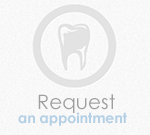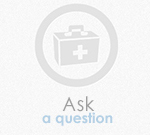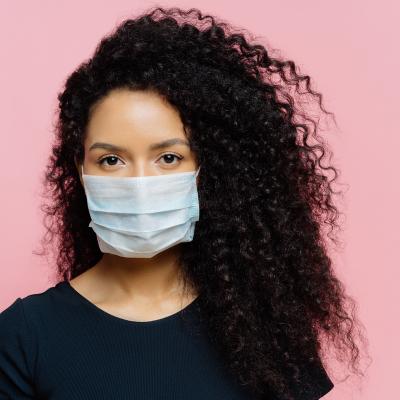 |
|
Home |
Services |
Team |
Our Office |
Contact |
|
| What is Mask Mouth? |
At this point, it is routine to wear a mask when stepping outside or entering indoor spaces where airflow is tighter. It plays a crucial role in reducing the spread of the coronavirus and protecting the community that you reside in. However, since the beginning of the pandemic, dentists have noticed an increasing number of patients coming to their offices with bad breath, additional plaque build-up, and infected gums. The increased number of oral conditions are the result of wearing masks for an extended period of time, also known as "Mask Mouth". "Mask mouth" involves a variety of oral side effects that can lead to a series of dental conditions if not monitored and treated. Such side effects include dry mouth, bad breath, tooth decay and potentially gum disease. What causes Mask Mouth? Mask mouth is attributed to the following conditions:
Effects & Symptoms: While wearing your mask, be aware of the common symptoms of mask mouth:
Tips to keep your mouth fresh under your mask: Keep wearing your mask while practicing oral hygiene more thoroughly. Here are some practices you can implement in your dental care routine:
Although wearing a mask for an extended period of time can create oral side effects, it continues to play a significant role in reducing the spread of the coronavirus. If you continue to take care of your teeth and gums by brushing your teeth regularly, flossing, and drinking more water, you can prevent the occurrence of mask mouth! In the future, when we no longer have to wear masks everywhere we go, these extra practices will only help your oral hygiene even more! Stay safe! |
| Hours Monday: 8am - 6pm Tuesday: 8am - 6pm Wednesday: 8am - 6pm Thursday: 8am - 6pm Friday: 8am - 3pm Saturday: upon request |
Contact 416-783-3999 info@upperavenuedentistry.com 1795 Avenue Road Toronto, ON M5M 3Z3 |
Find Us |



